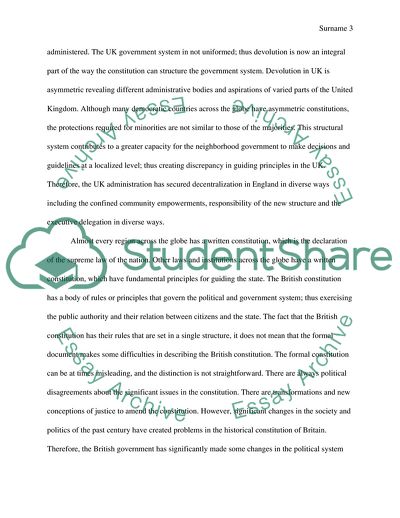Cite this document
(Has Devolution fundamentally changed the British system of government Essay, n.d.)
Has Devolution fundamentally changed the British system of government Essay. Retrieved from https://studentshare.org/history/1787211-has-devolution-fundamentally-changed-the-british-system-of-government
Has Devolution fundamentally changed the British system of government Essay. Retrieved from https://studentshare.org/history/1787211-has-devolution-fundamentally-changed-the-british-system-of-government
(Has Devolution Fundamentally Changed the British System of Government Essay)
Has Devolution Fundamentally Changed the British System of Government Essay. https://studentshare.org/history/1787211-has-devolution-fundamentally-changed-the-british-system-of-government.
Has Devolution Fundamentally Changed the British System of Government Essay. https://studentshare.org/history/1787211-has-devolution-fundamentally-changed-the-british-system-of-government.
“Has Devolution Fundamentally Changed the British System of Government Essay”. https://studentshare.org/history/1787211-has-devolution-fundamentally-changed-the-british-system-of-government.


